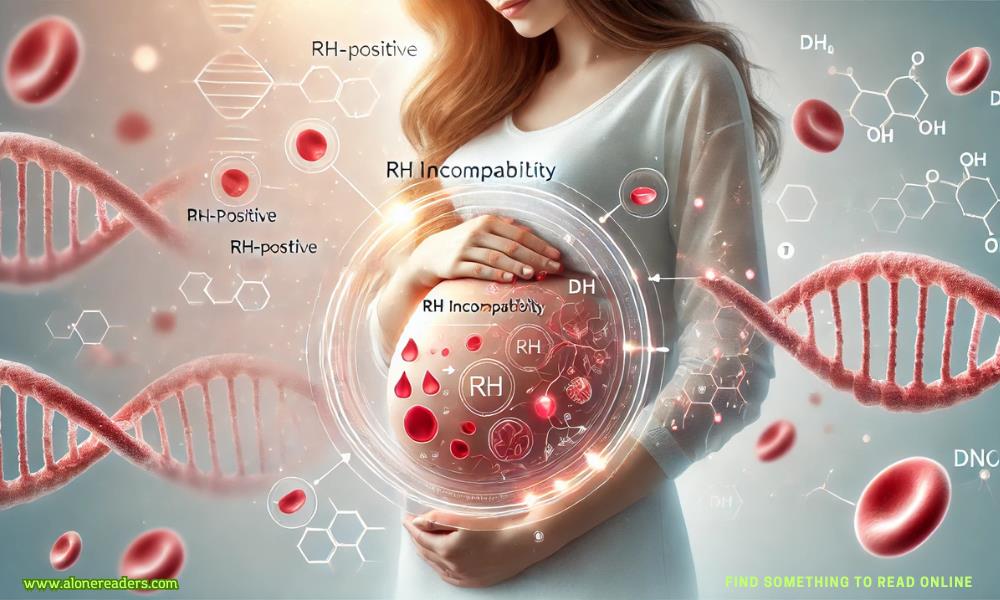
The Rh factor is a protein that can be present on the surface of red blood cells. It plays a crucial role in blood type compatibility, especially during pregnancy. Understanding the Rh factor is essential for expecting parents to prevent potential health complications for both the mother and the baby.
Rh incompatibility occurs when a mother with Rh-negative blood type is carrying a baby with Rh-positive blood type. This mismatch can lead to the mother's immune system producing antibodies against the baby's red blood cells, potentially causing serious health issues for the newborn.
The primary cause of Rh incompatibility is the difference in Rh blood types between the mother and the fetus. If the father is Rh-positive, there is a chance the baby will inherit the Rh-positive trait, even if the mother is Rh-negative. This situation sets the stage for potential immune reactions during or after pregnancy.
Rh incompatibility can lead to several risks, including:
Early detection of Rh incompatibility is crucial for effective management. Detection methods include:
Preventing Rh incompatibility primarily involves proactive medical interventions:
Once a mother becomes sensitized to Rh-positive blood, future pregnancies with Rh-positive babies carry increased risks. To mitigate these risks:
For families dealing with Rh incompatibility, understanding the condition and adhering to medical guidance is essential. With proper care and preventive measures, most complications associated with Rh incompatibility can be effectively managed, ensuring healthy outcomes for both mother and child.
Conclusion
Rh incompatibility is a significant concern in pregnancy that requires awareness and proactive management. By understanding the causes, risks, and preventive strategies, expecting parents can work with healthcare providers to minimize potential complications. Advances in medical treatments, such as RhoGAM, have made it possible to manage Rh incompatibility effectively, promoting healthier pregnancies and healthier babies.